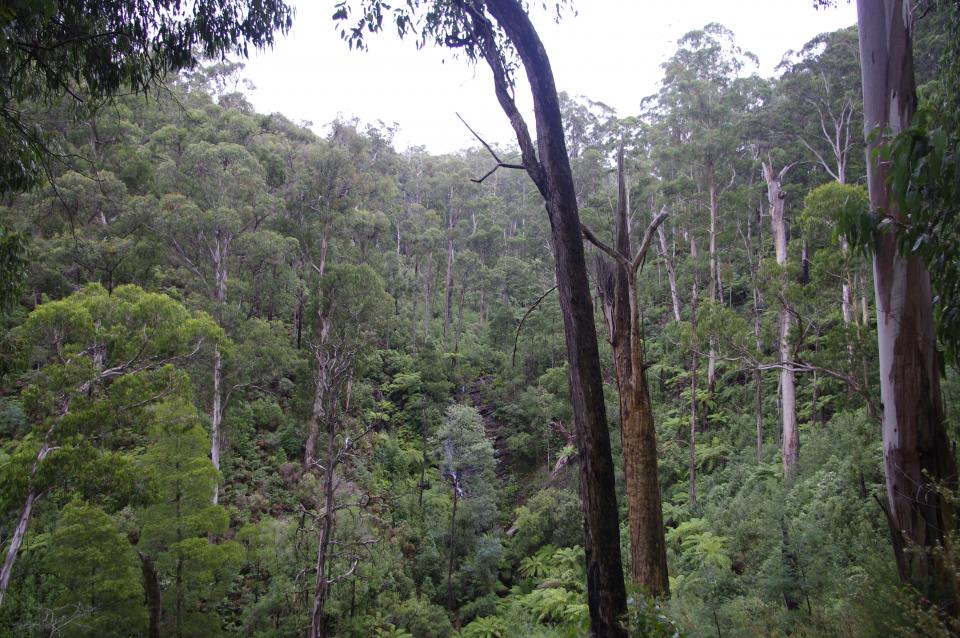
PUBLICATIONS
Published works

A Statistical Approach to Understanding Canopy Winds over Complex Terrain
| Title | A Statistical Approach to Understanding Canopy Winds over Complex Terrain |
| Publication Type | Journal Article |
| Year of Publication | 2019 |
| Authors | Quill, R, Sharples, JJ, Sidhu, L |
| Journal | Environmental Modeling & Assessment |
| Pagination | 1-20 |
| Date Published | 08/2019 |
| Keywords | Circular statistics, Flow separation, forest canopy, uncertainty, Wind field observations, wind modelling |
| Abstract | Winds that flow within a forest canopy in complex terrain exhibit considerable variability that can have significant consequences for environmental processes such as the spread of bushfires, seed dispersal and transport of pollutants. This variability is still poorly understood, due in part to limited observations of canopy winds over complex terrain, and as such is often unaccounted for in deterministic modelling approaches. Probabilistic representation of wind fields can better characterise variability and build understanding of uncertainty in applications such as bushfire prediction. This study introduces two new, publicly available, datasets that support analyses of canopy winds over complex terrain using novel statistical approaches. Wind fields are characterised using bivariate distributions, representing the response of synoptic winds to changing landscapes, including post-bushfire forest regrowth and varying topography across uniform vegetation. For statistical comparison, non-parametric Kolmogorov-Smirnov style tests are considered. A new test is proposed for the comparison of bivariate circular distributions arising from analyses of wind direction. The study broadly reaffirms established theory while highlighting the variability of canopy winds over complex terrain and the importance of developing statistical techniques that result in a better quantitative understanding of these wind fields and the processes driving them. |
| URL | https://link.springer.com/article/10.1007/s10666-019-09674-w |
| DOI | 10.1007/s10666-019-09674-w |
| Refereed Designation | Refereed |
Published Works


